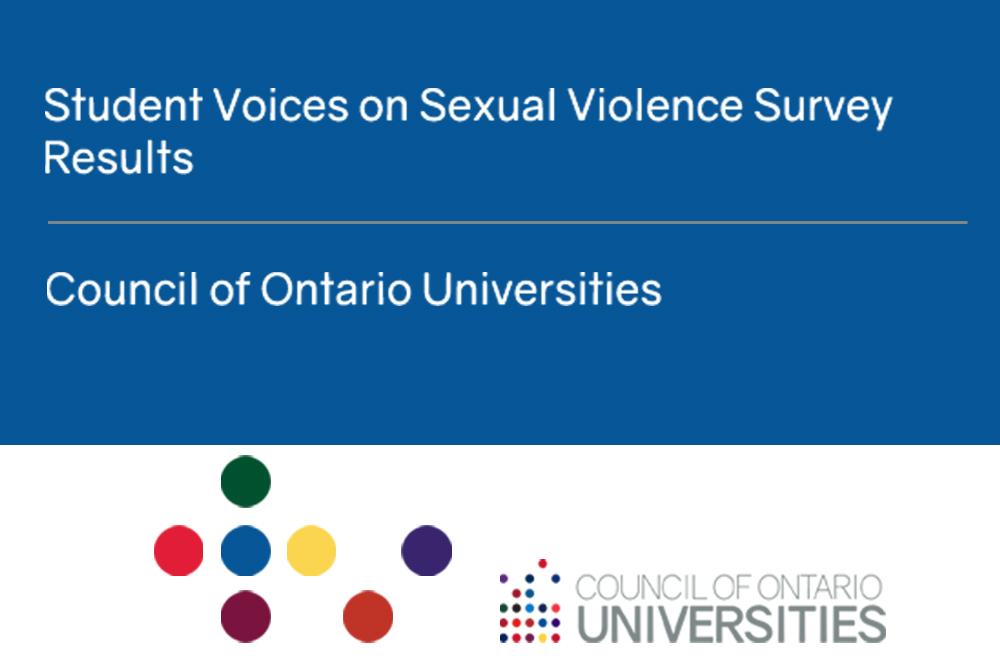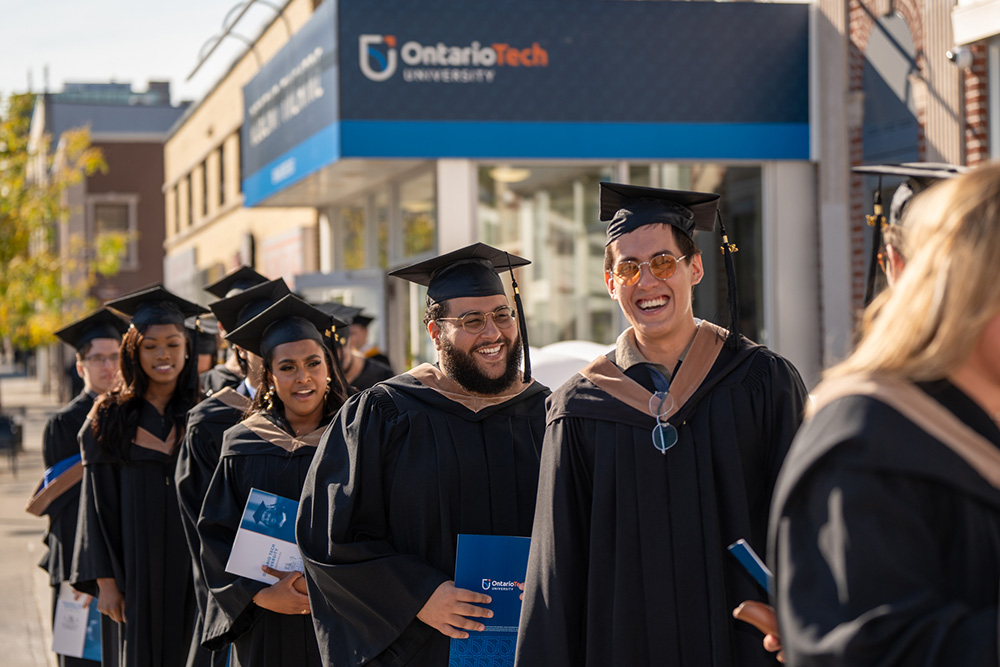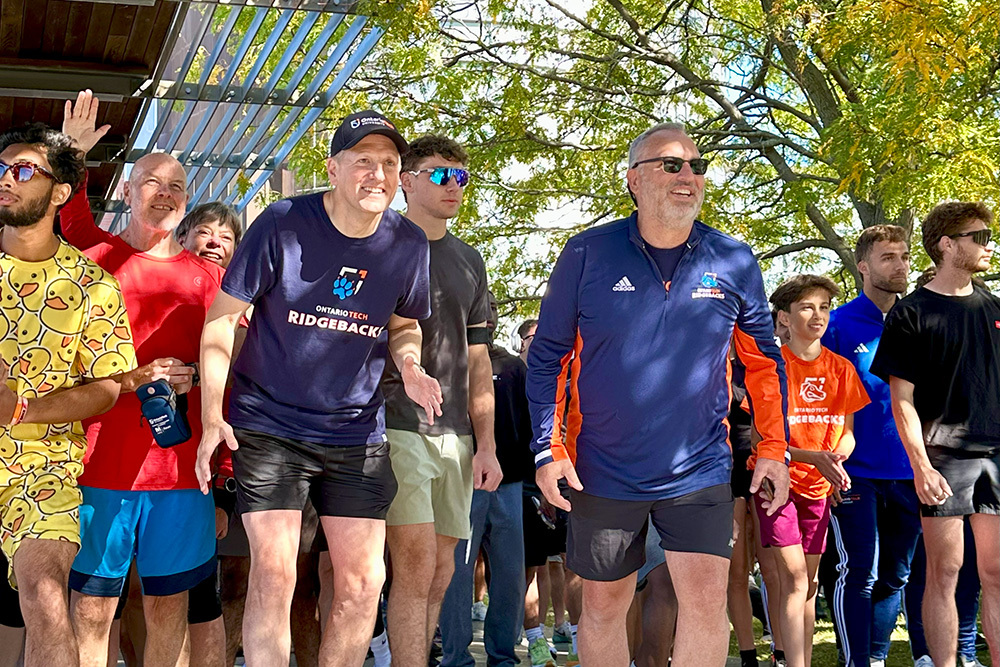Data released by Ministry of Colleges and Universities will further inform student sexual violence programming and services
February 27, 2020

The Ministry of Colleges and Universities has released additional data from the Student Voices on Sexual Violence Survey conducted at post-secondary institutions across Ontario in 2018. The additional data builds on a high-level summary report of the survey from last year by providing the combined responses from Ontario Tech University students for each of the survey questions. From this data, the university will further understand its students’ experiences related to sexual assault, stalking and harassment, along with information such as where and when they experienced the violence and whether or not they told someone about the experience. The data will also help Ontario Tech understand how well its students know about the services and supports that are available, and provide insights into students’ knowledge and perceptions of consent, bystander interventions, and many other areas that will help improve and enhance the university’s services and programs. Thank you to all of the Ontario Tech students who took the time to provide information about their experiences so the university can continue to make their university experience as safe and supportive as possible.
Going forward, the university will work with its students, primarily through the Advisory Committee on Student Sexual Violence Prevention and Support, to review the data and use it to inform future educational programming and service improvements. The data will help further develop the wide range of supports and programs that are already in place, such as the #WeGetConsent campaign, orientation programming and bystander training. Ultimately, the university hopes that through these efforts, and through the efforts of the broader university sector—student unions, community organizations and government agencies—it can find new ways to make our communities safer and to better support those affected by sexual violence.



